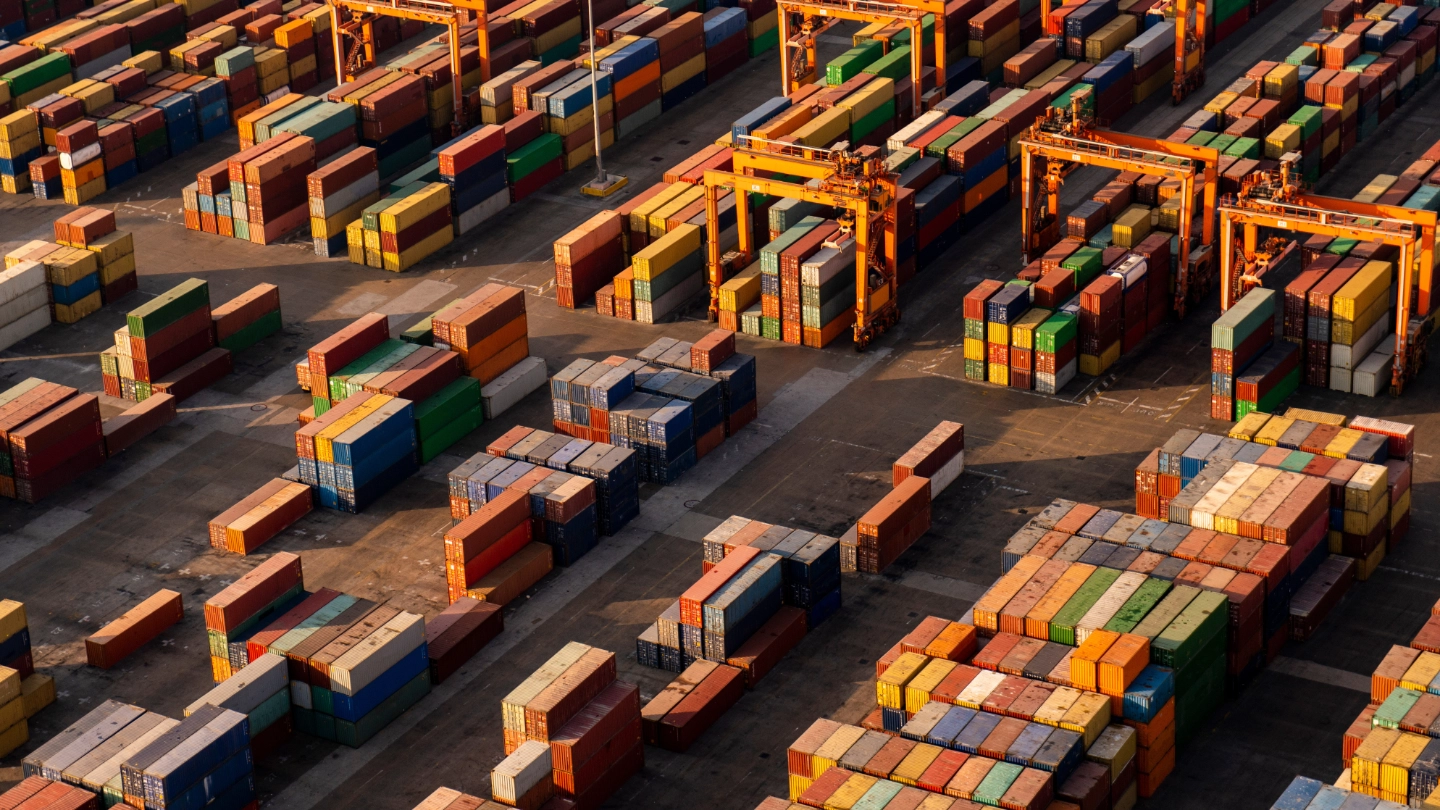

Amicable collections
General information
We maintain a professional collection process and focus on the relationships between you and your debtors at all times. Our team of collection specialists carry out the collection process in-house. We contact debtors both verbally and in writing while adhering to applicable law.
When there is a case of dispute, our experienced team of Dutch collectors can deal with this. They mainly play a consultative role and can also mediate. In the event that mediation by the collectors might not lead to an agreement and legal proceedings are indicated, the case will be handed over to the lawyers and bailiffs we work with.
There is new law called “De Wet kwaliteit incassodienstverlening” (Wki). This law is effective on 1 April 2024 (however, from 1 April 2024 to 1 April 2025 is a transition year). It sets out requirements for the quality and reliability of out-of-court debt collection service providers. Existing debt collection service providers must register with the register of debt collection services within one year from 1 April 2024. Although the law is aimed at protecting consumers, companies with a sole owner ("eenmanszaak”) and companies with several natural persons or partners involved ("vennootschap onder firma” or VOF) are also covered by this law. Besides requirements such as professional competence, transparency, and handling requirements among others, this law also affects the amounts of interest and collection costs to be claimed for companies with a sole owner ("eenmanszaak”) and companies with several natural persons or partners involved ("vennootschap onder firma” or VOF).
Instead of 12% interest and 15% collection costs, we can claim the legal interest and collection costs in accordance with the law on collection costs. This means with regard to collection costs :
- Over the first EUR 2,500 of a claim: 15% of the principal amount with a minimum of EUR 40
- Over the next EUR 2,500 of the claim: 10% of the principal amount
- Over the next EUR 5,000 of the claim: 5% of the principal amount
- Over the next EUR 190,000 of the claim: 1% of the principal amount
Local agents
We offer field service to visit debtors through local agents. If debtors wish to visit our premises, we’ll gladly arrange face-to-face meetings to discuss the situations.
We can provide you with a high-quality professional network of experienced lawyers and/or law firms and bailiffs (LDCs) in the Netherlands at very competitive rates. Our LDC network covers the whole Dutch territory, and the LDCs are able to take legal action in all the district courts.
Interest
Apart from companies with a sole owner ("eenmanszaak”) and companies with several natural persons or partners involved ("vennootschap onder firma” or VOF), we always charge debtors for interest calculated at 12% per annum on a daily basis. This percentage is higher than the one embodied in the European Directive concerning legal business interest. But it’s in accordance with the clauses on the majority of purchase conditions or other business conditions.
Interest will always be claimed in both the amicable phase and judicial phase.
In the Netherlands, it’s common practice to receive interest on overdue invoices, and there are rarely any discussions regarding the liability of the debtors when paying interest. In court, interest payment is considered a justified demand in relation to the overdue accounts. If you’re able to prove that the business or purchase conditions are applicable, the interest can be charged at 12% per annum. In the event that no specific conditions were agreed to, it’s possible to request interest according to the European Directive and the so-called legal business interest rate in the Netherlands. The latter is variable.
The Debt Collection Handbook Netherlands presents a snapshot of the Netherlands's economic situation and covers the following topics:
- Debt collection costs
- Prescription
- Types of companies
- Legal procedures & legal system
- Enforcement
- Insolvency proceedings
- Arbitration and mediation
To read more about the steps and procedures undertaken in debt collections in the Netherlands and other countries, download the International Debt Collection Handbook now!



































